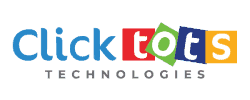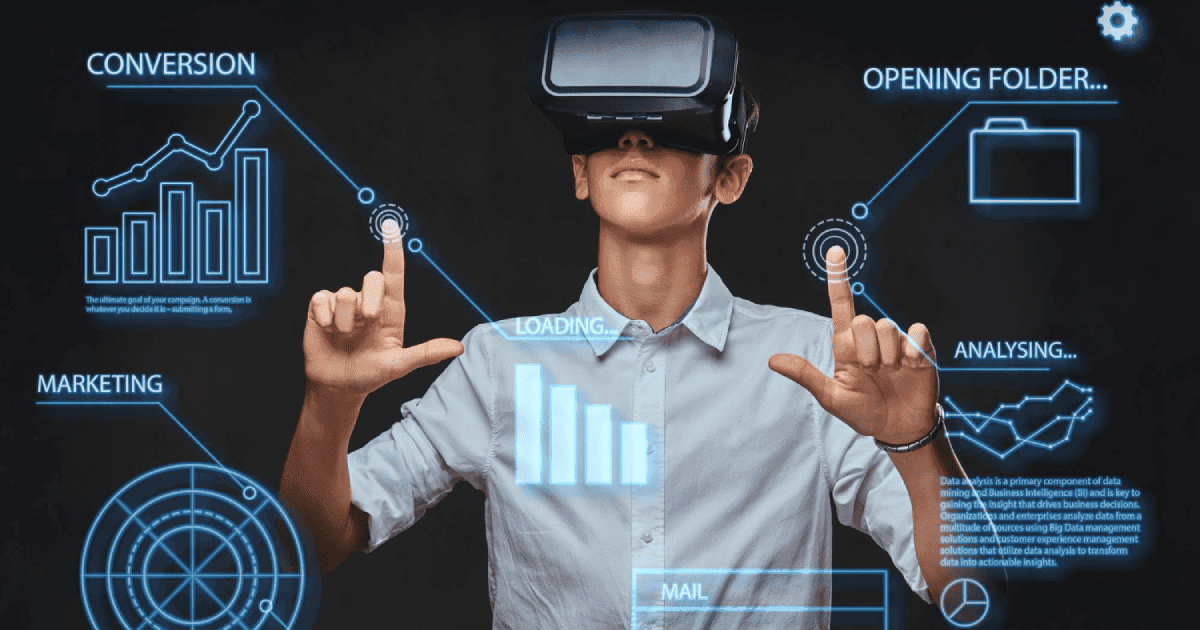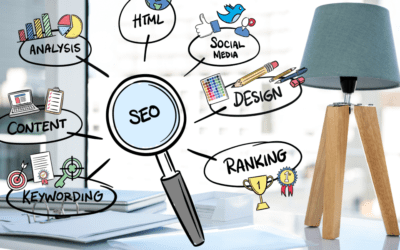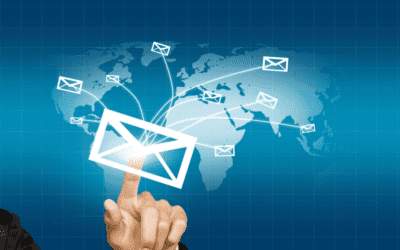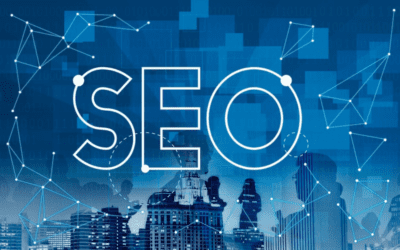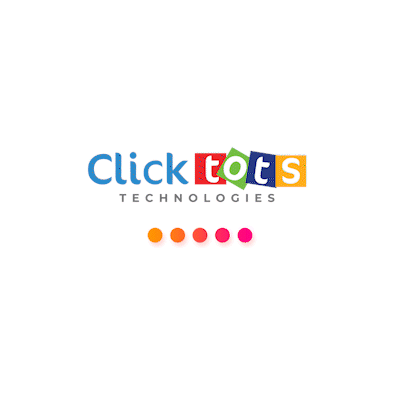Introduction
Artificial Intelligence (AI) is a powerful technology that has revolutionised marketing and enabled businesses to reach their customers more effectively. With AI, companies can leverage data-driven insights to target their audiences more accurately, automate tedious processes and optimise campaigns for better results. It has also helped them build personalisation strategies based on customer behaviour analysis. AI can process large amounts of data quickly and accurately, enabling marketers to identify trends in consumer behaviour faster than ever before and deliver hyper-targeted messages at scale. By leveraging AI capabilities such as natural language processing, computer vision and predictive analytics, businesses can improve the customer experience while increasing efficiency across the marketing landscape.
AI in Targeting and Segmentation
AI has enabled businesses to target their customers more accurately and effectively. Personalization is critical in today’s digital world, and AI can help marketers reach the right people with the right message at the right time. By leveraging data-driven insights about customer behaviour, preferences, interests and buying patterns, marketers can create highly targeted segments of potential buyers to reach out to with tailored content. With real-time product selection and targeting capabilities powered by AI algorithms, companies can quickly identify products or services that would be most relevant to each customer segment based on past purchases or interactions with their brand. This allows them to execute campaigns more efficiently while ensuring maximum relevance for every customer. Additionally, AI helps marketers measure campaign performance across channels to make informed decisions regarding budget allocations and optimization strategies.
AI in Automation and Optimization
AI-driven automation is a powerful tool for marketers to automate tedious processes and improve efficiency. AI algorithms can identify patterns in customer behaviour, process large amounts of data quickly and accurately, and make decisions based on the insights gathered. This allows companies to streamline their marketing activities by automating content creation, segmentation, targeting campaigns, and more tasks. Automation also helps free up time so marketers can focus on creating personalised experiences that drive results.
Algorithm-based optimization is another way businesses leverage AI technology to maximise their ROI from marketing initiatives. By using predictive analytics algorithms powered by machine learning (ML), companies can analyse past performance data to anticipate behaviours or outcomes in the future. With this information, they can optimise campaigns for maximum effectiveness while minimising ad spend waste due to unqualified leads or poorly targeted ads. This type of optimization helps businesses allocate resources more efficiently while ensuring full returns on investments made in their marketing efforts.
Data analysis and conversion tracking are two additional areas where AI has been instrumental in helping businesses gain valuable insights into their customers’ behaviour and preferences. With advanced analytics tools powered by artificial intelligence technologies such as natural language processing (NLP) and computer vision (CV), marketers can uncover hidden trends in customer activity across channels over time – giving them an edge when it comes to optimising campaigns for better conversions rates or increasing sales revenue through higher engagement levels with target audiences online & offline. Additionally, these same tools can also help track key metrics like bounce rate, click-through rate (CTR), cost per lead/acquisition (CPA/CPL) etc., enabling businesses to understand how well individual tactics perform against each other – ultimately allowing them to take informed actions towards improving overall campaign success moving forward.
AI-Driven Campaigns
AI-driven campaigns allow companies to constantly evaluate their marketing efforts’ performance and identify improvement areas. By leveraging predictive analytics algorithms, they can quickly analyse data from multiple sources and gain real-time insights into customer behaviours, preferences and buying patterns – enabling them to optimise their campaigns for better results. Additionally, AI technologies such as natural language processing (NLP) can refine target audiences by uncovering hidden trends in customer activity across channels over time. This allows marketers to segment their audience more precisely and deliver hyper-targeted messages at scale.
Furthermore, AI enables businesses to deliver personalised experiences tailored to a particular user’s needs or interests. For example, an e-commerce platform could use machine learning algorithms to generate product recommendations based on the items a user has previously purchased or interacted with on its website. Or a travel company might send customers emails featuring deals related to destinations they’ve visited before or may have expressed interest in seeing in the past – leading potential customers down the conversion path faster than ever before possible without relying on manual labour alone.
Finally, AI makes it easier for businesses to keep track of key metrics like bounce rate, click-through rate (CTR), cost per lead/acquisition (CPA/CPL) etc., allowing them to understand how well individual tactics perform against each other – ultimately resulting improved campaign success moving forward through informed decisions regarding budget allocation & optimization strategies. All these capabilities enable companies to create effective digital marketing plans with much greater accuracy while improving overall efficiency due to the automation of tedious processes powered by artificial intelligence technology.
Benefits of AI in Digital Marketing
Enhanced Performance: AI-driven campaigns enable businesses to target their audiences more accurately with higher accuracy and personalization. By leveraging data-driven insights about customer behaviour, interests and buying patterns, companies can create highly targeted segments of potential buyers that they can then reach out to with tailored content. Additionally, predictive analytics algorithms powered by machine learning (ML) and natural language processing (NLP) enable marketers to understand the performance of individual tactics against each other – allowing them to make informed decisions regarding budget allocations & optimization strategies.
Increased Revenue: AI-powered marketing automation allows companies to streamline their processes while ensuring maximum relevance for every customer. Automation also helps free up time so marketers can focus on creating personalised experiences that drive results. This leads to increased revenue as customers receive relevant and timely messages for higher engagement levels, resulting in more excellent conversion rates.
Improved ROI: Algorithm-based optimization is another way businesses leverage AI technology to maximise their returns from marketing initiatives while saving ad spending due to unqualified leads or poorly targeted ads. With this information, they can optimise campaigns for maximum effectiveness while minimising costs associated with manual efforts such as content creation, segmentation etc., leading to improved ROI moving forward.
Reduced Cost and Manual Efforts: The use of artificial intelligence technologies such as computer vision (CV) and natural language processing (NLP) enables marketers quickly process large amounts of data, identify trends in consumer behaviour faster than ever before & deliver hyper-targeted messages at scale – all these capabilities help reduce cost associated manual labour which otherwise would have been necessary carrying out these tasks manually.
Conclusion:
In conclusion, the impact of AI on digital advertising is undeniable. By leveraging predictive analytics algorithms, marketers can quickly analyse data from multiple sources and gain real-time insights into customer behaviours, preferences and buying patterns – enabling them to optimise their campaigns for better results. Additionally, one can use AI technologies such as natural language processing (NLP). Computer vision (CV) can refine target audiences by uncovering hidden trends in customer activity across channels over time. This allows companies to segment their audience more precisely and deliver hyper-targeted messages at scale. Finally, businesses can track key metrics like bounce rate, click-through rate (CTR), cost per lead/acquisition (CPA/CPL) etc., allowing them to understand how well individual tactics perform against each other – ultimately resulting in improved campaign success moving forward through informed decisions regarding budget allocation & optimization strategies.
To realise these benefits of AI-powered digital marketing initiatives, businesses need the right tools that help automate mundane tasks like content creation & execution along with providing actionable insights, which then can be leveraged to optimise campaigns for maximum performance – this is where various cloud-based platforms come into play that offers a suite of solutions catering specifically towards requirements for effective implementation of AI technology within the realm of digital advertising.
